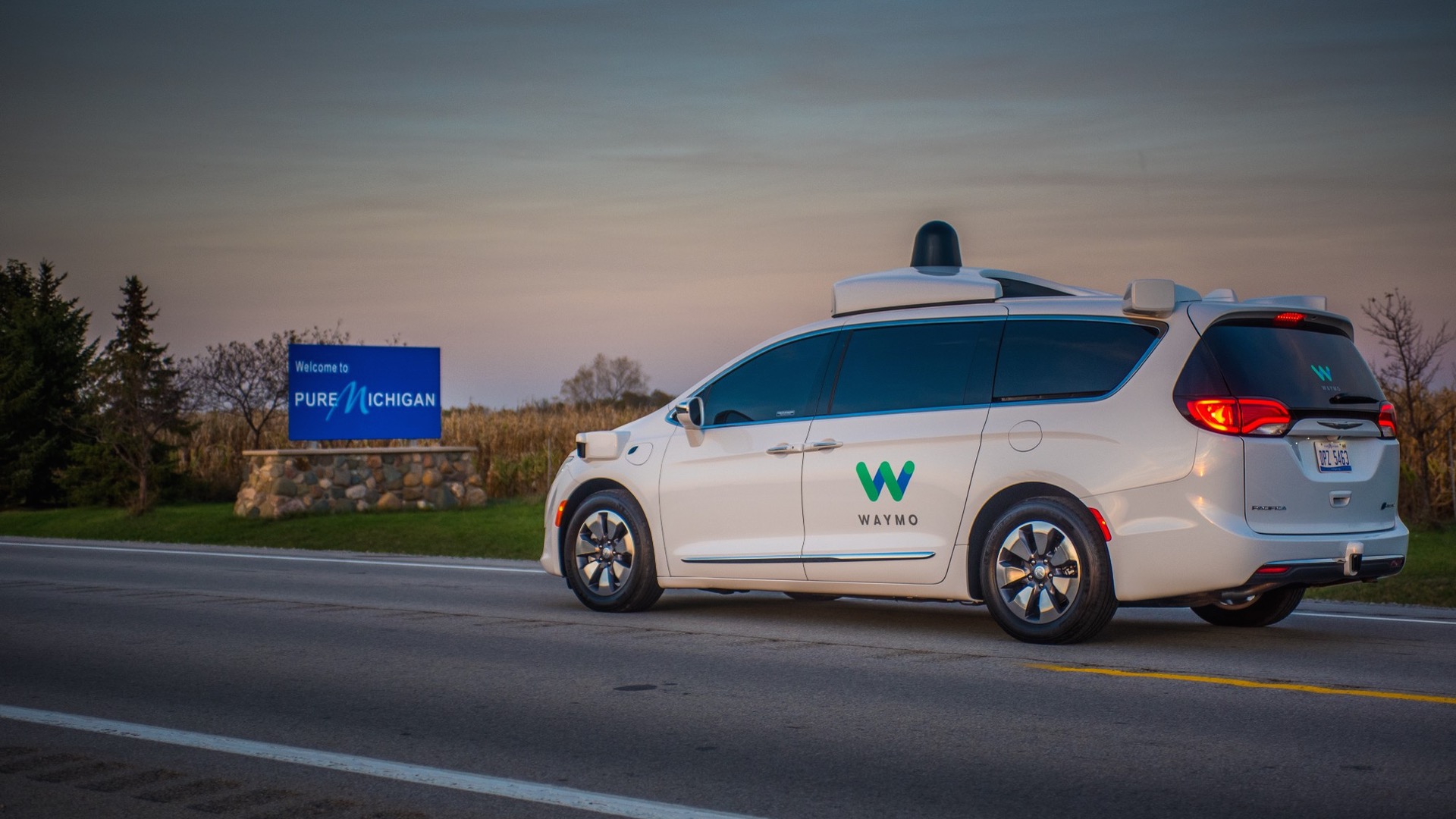

As companies are getting closer to launching production self-driving cars, awareness of the technology has never been higher. However, that may actually be making consumers more apprehensive about potentially giving up the wheel, according to a new study by consultancy Cox Automotive.
Nearly half of the 1,250 people surveyed said they would never buy a fully-autonomous car. That’s up from 30 percent of 2,264 people surveyed two years ago. The number of respondents who believe roads would be safer if all vehicles were fully autonomous, rather than human-operated, has decreased by 18 percentage points over the past two years.
Of those surveyed, 84 percent said they want to have the option to drive themselves, while just 16 percent said they would be comfortable riding in an autonomous car without the option to take control.
“As awareness around the development of autonomous technology increases, we’re seeing some dramatic shifts in consumer sentiment,” Karl Brauer, executive publisher of Cox-owned Autotrader and Kelley Blue Book, said in a statement. “People now have a deeper understanding of the complexities involved when creating a self-driving car, and that has them reconsidering their comfort level when it comes to handing over control.”
In March, an Uber test vehicle struck and killed a pedestrian in Arizona, marking the first fatal crash involving a self-driving car. The study found that this and other incidents only had a slight impact on consumer views. Those unaware of the March crash were found to be just as likely to believe self-driving cars will make roads safer as those who were aware, at 54 percent and 55 percent respectively.
Three-fourths of respondents said autonomous cars need real-world testing to be perfect, but 54 percent of that group said they prefer this testing take place in a different town or city from where they live. Respondents also said that they want driver-assist features that stop short of full autonomy in their cars, with 54 percent agreeing that this tech makes people better drivers.
Cox is betting that consumer apprehension will be mitigated by a shift away from private-car ownership. The company is launching a new Mobility Solutions Group that will supply software and services to car-sharing and ride-hailing companies, according to Automotive News. Sharing services are likely to be the first large-scale application for mass-market autonomous cars, whenever they arrive.